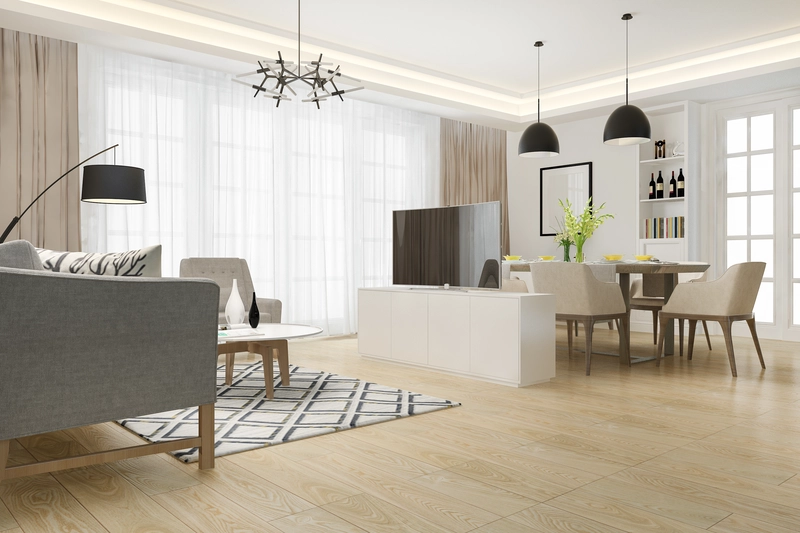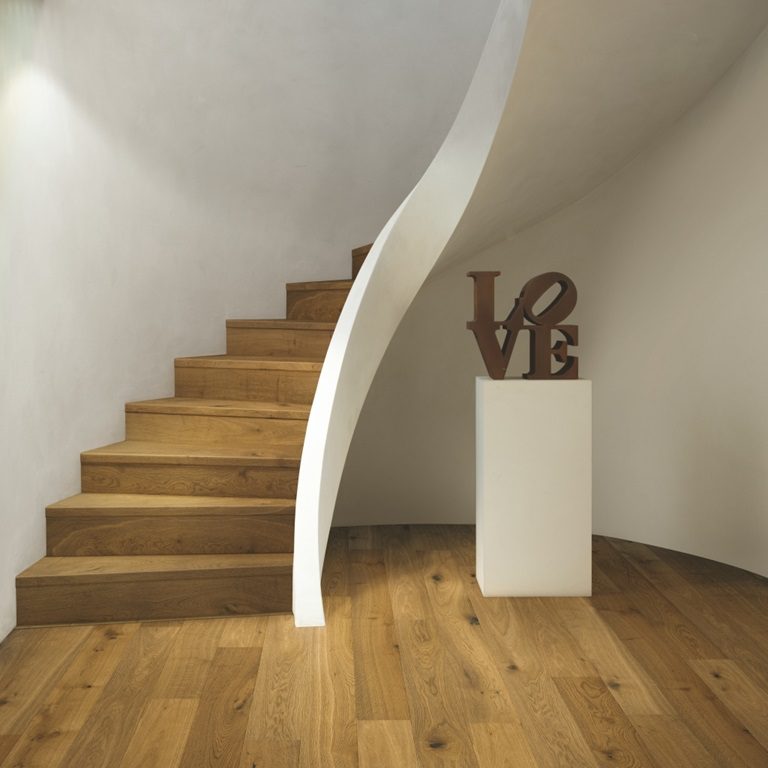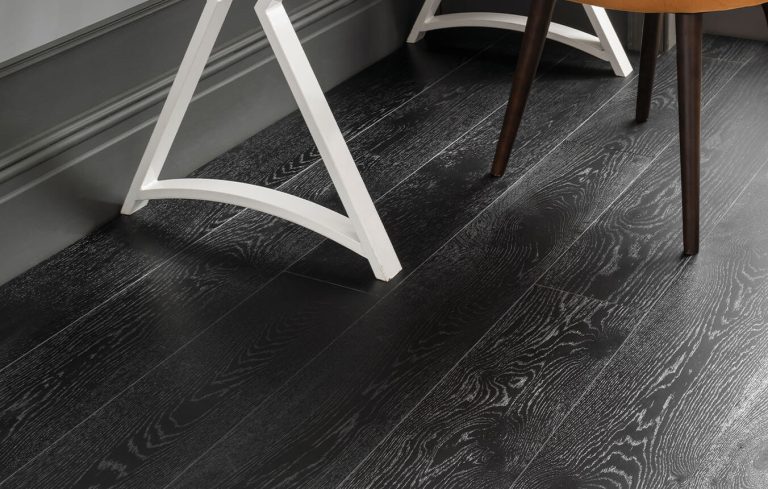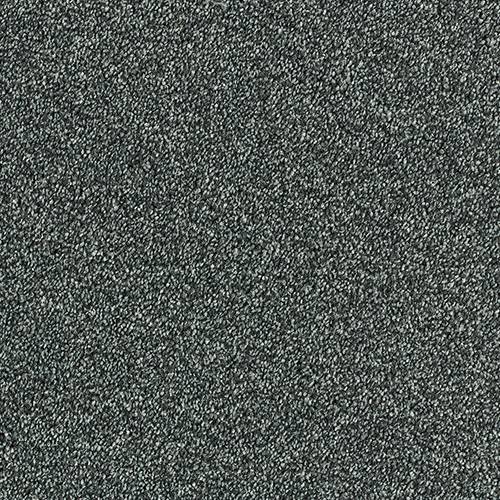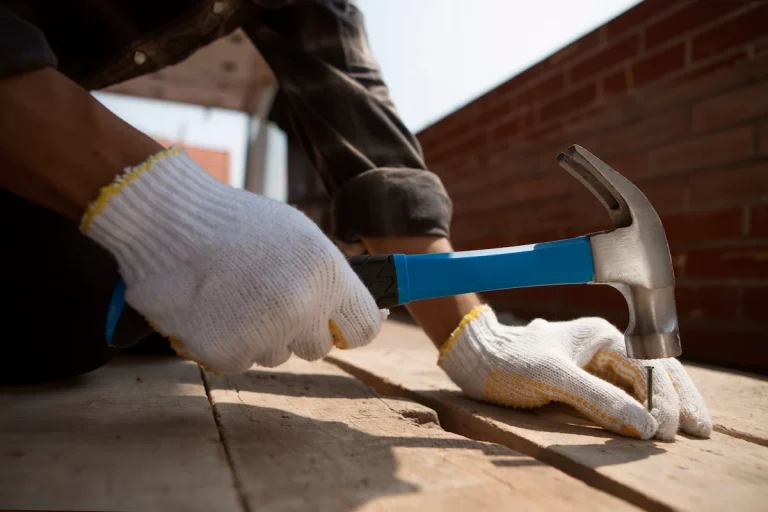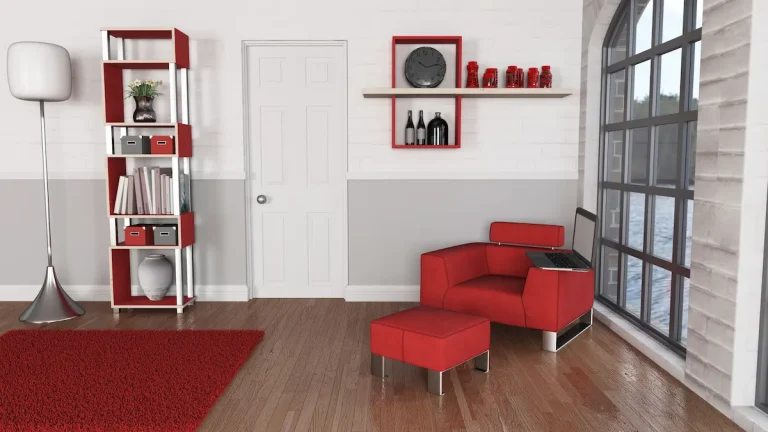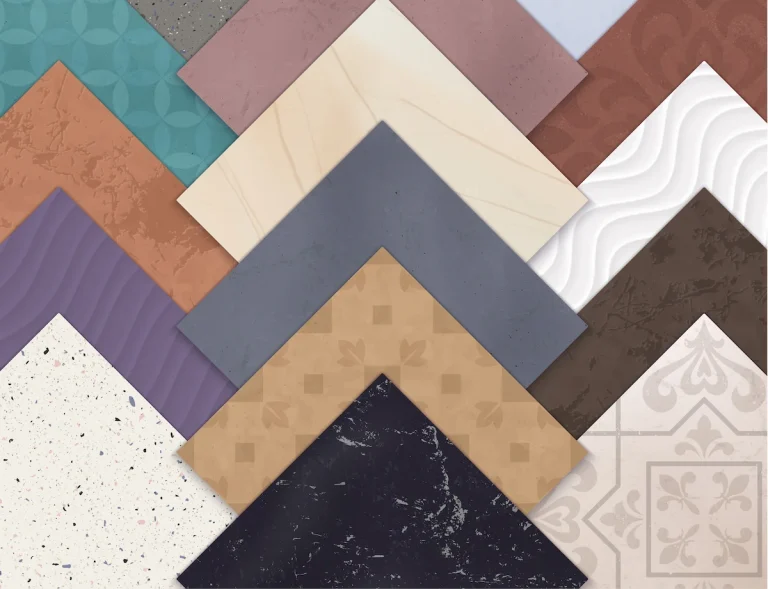As a landlord, choosing the right type of flooring for your rental property is an important decision. You need to balance durability, cost, and aesthetics to ensure your property remains appealing to tenants while minimising ongoing maintenance and replacement costs.
Flooring plays a key role in shaping the overall look and feel of a rental space, and since tenants will likely put it through its paces, you want to invest in materials that can withstand wear and tear.
This guide will explore the best flooring for landlords, considering factors such as pricing, durability, and replacement frequency, to help you make an informed decision.
What Is the Best Flooring for Landlords?
Here’s a breakdown of the top flooring options for rental properties, focusing on durability, ease of maintenance, and cost-effectiveness:
1. Laminate Flooring
Laminate is a popular choice for landlords due to its affordability and durability. It closely mimics the look of hardwood but at a fraction of the cost, making it a budget-friendly option that still gives a property a stylish and modern appearance.


See product: Elka 8mm V-Groove Driftwood Oak
Pricing
Laminate flooring typically costs between £5 and £25 per square metre, depending on the quality. Higher-end laminate can look almost indistinguishable from hardwood, but the cheaper options are often more than sufficient for rental properties.
Durability
Laminate flooring is highly durable and can handle the foot traffic of multiple tenants, particularly in high-traffic areas like living rooms and hallways. It’s also resistant to scratches and stains, which is crucial for rentals that may see frequent turnover.
Replacement Considerations
While laminate is durable, it does have a limited lifespan compared to other flooring options. It’s not immune to moisture, so it may need replacing if tenants spill liquids or if there’s prolonged exposure to water. However, with proper care, laminate can last up to 10–15 years.
Ideal For:
- Living rooms
- Bedrooms
- Hallways
Pros:
- Affordable
- Easy to install
- Aesthetic appeal
Cons:
- Not moisture-resistant
- Limited lifespan compared to hardwood
2. Vinyl Flooring
Vinyl flooring is another excellent option for landlords due to its versatility, cost-effectiveness, and impressive durability. Modern vinyl comes in various designs, including those that mimic hardwood, tile, or stone, giving landlords plenty of options to match their rental’s aesthetic.


See product: Karndean Van Gogh Rigid Core Grey Brushed Oak
Pricing
Vinyl flooring ranges from £7 to £35 per square metre, with luxury vinyl tiles (LVT) at the higher end. Even the more affordable types are highly durable, making it a great choice for landlords looking for cost-effective solutions.
Durability
Vinyl flooring is highly durable and resistant to moisture, scratches, and dents, making it an ideal option for areas that may get wet, like kitchens and bathrooms. Its durability means it can last up to 20 years, reducing the need for frequent replacements between tenants.
Replacement Considerations
Because of its water resistance, vinyl is less likely to need replacing due to damage from spills or humidity. However, it’s not entirely immune to sharp objects or furniture dragging, which may lead to tears or dents. Replacing a single damaged vinyl tile or plank is much easier than replacing an entire floor.
Ideal For:
- Kitchens
- Bathrooms
- Utility rooms
Pros:
- Waterproof and durable
- Affordable
- Easy to clean
Cons:
- Can be torn by sharp objects
- Lower-end options may look less appealing
3. Carpeting
Carpeting has long been a standard flooring choice in rental properties, particularly in bedrooms and living rooms. It provides a cosy and comfortable feel, which many tenants appreciate. However, it comes with certain trade-offs in terms of maintenance and longevity.


See product: Abingdon Caress Bourneville
Pricing
Carpeting is generally affordable, costing between £4 and £20 per square metre, depending on the material and quality. However, the price of installation and underlay can add up, making it more expensive in the long run if it needs to be frequently replaced.
Durability
The durability of carpeting depends heavily on the quality of the material. While it offers comfort and warmth, it is prone to staining and wear, especially in high-traffic areas. This means it may need replacing more often than other flooring types.
Replacement Considerations
Carpets will likely need replacing between tenancies if there are stains, tears, or if the pile becomes worn down. High-traffic areas like hallways and living rooms may see more wear, requiring landlords to either replace the entire carpet or use carpet tiles to make spot replacements.
Ideal For:
- Bedrooms
- Living rooms
Pros:
- Comfortable underfoot
- Wide range of colours and styles
- Budget-friendly options available
Cons:
- Prone to staining
- Needs frequent replacement
4. Hardwood Flooring
Hardwood flooring is a timeless and highly desirable option. Its classic aesthetic can increase the rental value of a property and appeal to tenants looking for a premium feel. However, hardwood does come with a higher upfront cost.
Pricing
Hardwood is one of the more expensive flooring options, with prices ranging from £30 to £100 per square metre. The cost of installation is also high, as hardwood requires professional fitting and maintenance to keep it in top condition.
Durability
While hardwood is durable, it’s prone to scratching, especially if tenants have pets or move furniture frequently. However, it can last decades with proper care and can often be refinished instead of replaced, which can be a long-term cost-saving measure.
Replacement Considerations
Hardwood rarely needs full replacement, but it does require regular maintenance. A good refinishing job can restore the floor to like-new condition. However, if the floor is severely damaged by water or deep scratches, sections may need to be replaced.
Ideal For:
- Living rooms
- Bedrooms
- Dining rooms
Pros:
- Increases property value
- Long-lasting
- Can be refinished
Cons:
- Expensive
- Prone to scratching
5. Engineered Wood Flooring
Engineered wood flooring offers the beauty of hardwood but with increased durability and moisture resistance. It’s made from a top layer of real wood, bonded to layers of plywood, which makes it more stable than solid hardwood and less likely to warp.


See product: Elka 13.5mm Real Wood Spring Oak
Pricing
Engineered wood typically costs between £20 and £50 per square metre, making it more affordable than solid hardwood while still offering a premium look.
Durability
Engineered wood is more moisture-resistant than solid wood, which means it’s suitable for areas where hardwood might not be appropriate. It’s also more stable and less likely to warp, though it can still be scratched or dented.
Replacement Considerations
Like hardwood, engineered wood can be refinished, though only a limited number of times due to its thinner top layer. It’s likely to last multiple tenancies with proper care, but severe damage may require replacement of individual planks.
Ideal For:
- Living rooms
- Bedrooms
- Hallways
Pros:
- More moisture-resistant than hardwood
- Aesthetic appeal
- Long-lasting with proper care
Cons:
- Can be scratched or dented
- More expensive than laminate or vinyl
6. Tile Flooring
Tile flooring is one of the most durable options for rental properties, particularly in areas that see heavy use or are exposed to moisture. While it’s more common in kitchens and bathrooms, it can also be used in living areas for a modern, sleek look.
Pricing
The price of tiles can vary significantly, ranging from £15 to £60 per square metre, depending on the material (ceramic or porcelain) and design. Installation costs can also add to the expense, as tiling requires professional fitting.
Durability
Tile is highly durable and resistant to water, scratches, and stains. It’s perfect for areas where spills and moisture are a concern, such as bathrooms and kitchens. Well-installed tile flooring can last for decades with minimal maintenance.
Replacement Considerations
Tile is unlikely to need replacing often, though individual tiles may crack or become loose over time. When this happens, the damaged tiles can be replaced without having to redo the entire floor, making it a low-maintenance option for landlords.
Ideal For:
- Kitchens
- Bathrooms
- Hallways
Pros:
- Extremely durable
- Water-resistant
- Easy to clean
Cons:
- Expensive installation
- Can feel cold and hard underfoot
7. Linoleum Flooring
Linoleum is a natural and eco-friendly flooring option that’s often overlooked in favour of vinyl or laminate. However, it’s highly durable, cost-effective, and can add a unique look to rental properties.
Pricing
Linoleum flooring costs around £10 to £35 per square metre, making it an affordable option for landlords who want durability without the high price tag.
Durability
Linoleum is water-resistant and highly durable, making it suitable for kitchens and bathrooms. It’s also easy to clean and maintain, though it can fade over time if exposed to direct sunlight.
Replacement Considerations
Like vinyl, linoleum comes in sheets or tiles, making it easier to replace damaged sections. With proper care, it can last 20–40 years, meaning it’s likely to outlast multiple tenancies before needing to be replaced.
Ideal For:
- Kitchens
- Bathrooms
- Utility rooms
Pros:
- Durable and water-resistant
- Eco-friendly
- Affordable
Cons:
- Can fade with sun exposure
- Not as stylish as some other options
Conclusion: Choosing the Best Flooring for Landlords
When selecting the best flooring for your rental property, it’s essential to balance cost, durability, and aesthetic appeal. For areas prone to moisture, such as kitchens and bathrooms, vinyl or tile are excellent choices due to their water resistance and longevity. In living areas and bedrooms, laminate, engineered wood, or carpeting can provide comfort and style, though you’ll need to consider the trade-offs in terms of durability and replacement costs.
While hardwood is a premium option that can add significant value to a property, it may not be practical for landlords on a tighter budget. Instead, consider engineered wood or laminate for a similar aesthetic at a lower cost. Whatever flooring you choose, keeping long-term maintenance in mind can save you money and hassle between tenants, ensuring your rental property remains appealing for years to come.
At TEKA Flooring, we understand the specific needs of landlords and property managers. Our team provides a tailored approach to each project, ensuring you receive the best advice, materials, and installation services. With years of experience in the industry, TEKA Flooring guarantees a hassle-free experience, from selection to final fit.
Choosing the right flooring is essential for maximising your rental’s value and appeal. Let TEKA Flooring help you make a lasting investment. Contact us today for a free consultation and elevate your rental property with flooring that tenants love and you can rely on.
Read also:


























